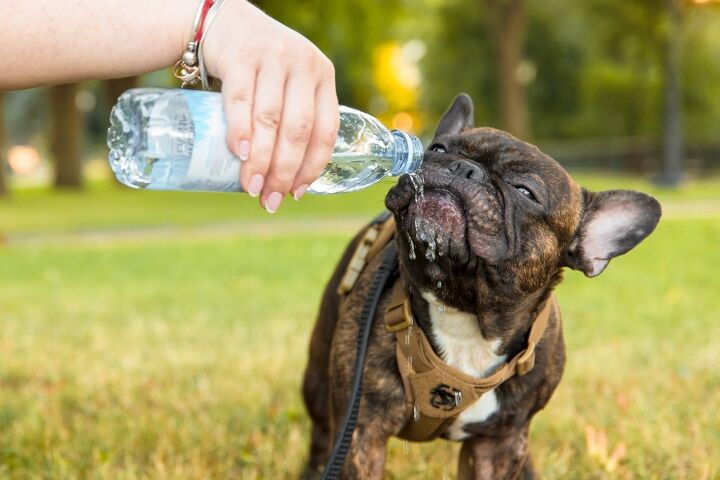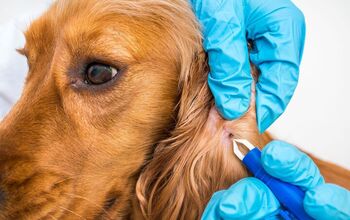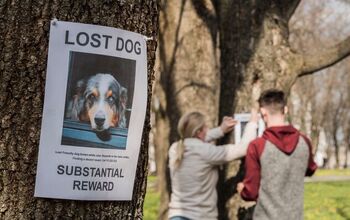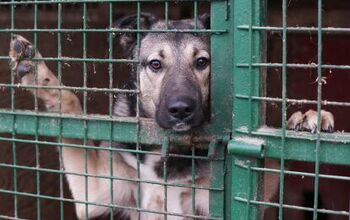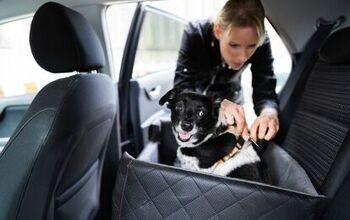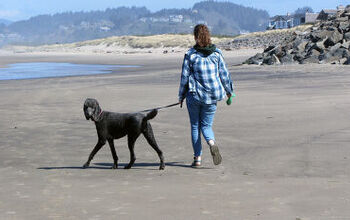Do French Bulldogs Tolerate Heat Well?

Summer is upon us, and that means long days of scorching heat and unbearable temperatures. It is hard to stay cool and comfy at this time, and the same goes for your little four-legged friends. You are right if you are wondering how your dog will tolerate the heat, especially if you have a brachycephalic breed that’s at higher risk of a heat stroke. The Frenchies are one of the most popular of the brachycephalic bunch, so it’s only natural that there are quite a few pet owners out there dreading the dog days of summer.
Right off the bat, we’ll give you the truth – no, French Bulldogs do not tolerate heat well. The reason for this is that they have a flat face and a shortened skull, which can make them more prone to heat-related issues. Their compromised breathing ability, due to their anatomy, makes it difficult for them to regulate their body temperature efficiently – when the temperatures soar, breathing also becomes faster to deal with the rising heat. For these dogs, however, it isn’t as easy.
Because of their face shape, French Bulldogs are susceptible to heatstroke and overheating, which can be life-threatening. They can struggle to “pant” effectively, and their airways may become obstructed, leading to respiratory distress in hot weather. It's important to take precautions to keep them cool and prevent overheating. A unique cooling mat such as this one can be a great preventive measure at home or in the park. It uses cooling water to provide relief so it’s non-toxic and yet effective, and comes in different sizes for tailored comfort for your pet.
If you have a French Bulldog, it's crucial to provide them with a cool and shaded environment, access to fresh water at all times, and avoid exposing them to excessive heat or direct sunlight. Additionally, you should avoid strenuous exercise during hot weather and be cautious when walking them on hot surfaces like pavement, as it can burn their paw pads. If you really have to be outside, then bring along a bit of shade. This elevated outdoor bed with a canopy is great for providing shade wherever you are and it’s perfect to take with you when you travel with your Frenchie in tow.
If you notice signs of heat exhaustion or heat stroke in your French Bulldog, it's vital to seek veterinary assistance immediately. Prompt medical attention can help prevent serious complications and potentially save your dog's life.
What are the Signs of a Heat Stroke in Dogs?
Obviously, you should take preventive measures to avoid heat stroke. Hydration, shade, cooling off, and rest are very important in the summer. Still, it goes a long way to know the signs and symptoms of heat stroke in dogs. After all, this is a serious condition that requires immediate attention.
- Excessive panting:
- Dogs regulate their body temperature through panting, but excessive, rapid, or labored panting can be a sign of heatstroke.
- Excessive drooling:
- Dogs may drool excessively when they are overheated and trying to cool down.
- Lethargy or weakness:
- Heatstroke can cause dogs to become lethargic, weak, or even collapse.
- Vomiting or diarrhea:
- Dogs may experience gastrointestinal distress, including vomiting or diarrhea, as a result of heatstroke.
- Disorientation or confusion:
- Heatstroke can affect a dog's neurological function, leading to disorientation, confusion, or even seizures.
- Bright red gums and tongue:
- Heatstroke can cause the gums and tongue to turn bright red or even purple.
- Increased heart rate:
- An elevated heart rate is a symptom of heatstroke in dogs.
And even if you do everything to prevent it, a heat stroke can still happen when you have a brachycephalic breed – they’re just that sensitive to extreme weather. If you suspect that your dog is suffering from heatstroke, it is crucial to act quickly. Move your dog to a cool, shaded area, provide fresh water to drink, and wet their body with cool (not cold) water. Of course, it goes without saying that it is very important to seek immediate veterinary care, as heat stroke can lead to a lot of complications and can even be fatal. Professional veterinary treatment is essential for the well-being of your dog in such cases.

A proud mama to seven dogs and ten cats, Angela spends her days writing for her fellow pet parents and pampering her furballs, all of whom are rescues. When she's not gushing over her adorable cats or playing with her dogs, she can be found curled up with a good fantasy book.
More by Angela Vuckovic



